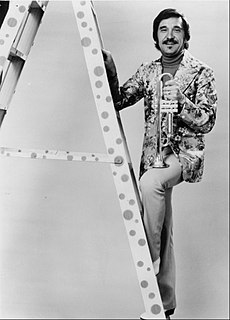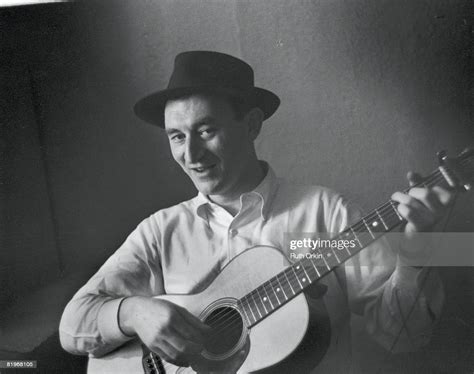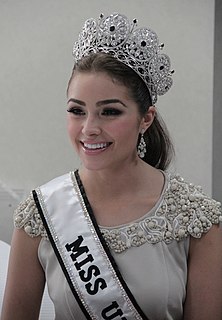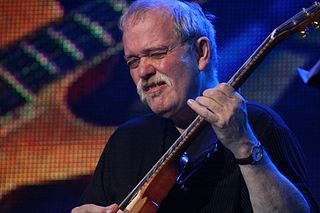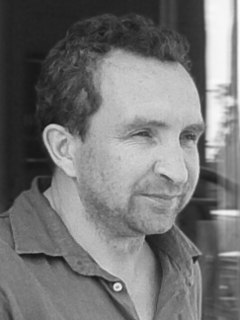A Quote by Brian Eno
I think the other thing that's important is getting to a place, which very, very rarely happens with improvising groups, where somebody can decide not to play for a while. You watch any group of musicians improvising together and they nearly all play nearly all the time. In fact I often say that the biggest difference between classical music and everything else is that classical musicians sometimes shut up because they're told to, because the score tells them to. Whereas any music that's sort of based on folk or jazz, everybody plays all the time.
Quote Topics
Any
Based
Because
Between
Biggest
Classical
Classical Music
Classical Musicians
Decide
Difference
Else
Everybody
Everything
Everything Else
Fact
Folk
Getting
Group
Groups
Happens
Important
Improvising
In Fact
Jazz
Music
Musicians
Nearly
Often
Other
Place
Play
Plays
Rarely
Say
Score
Shut
Shut Up
Somebody
Sometimes
Sort
Tells
Them
Thing
Think
Time
Together
Up
Very
Watch
Whereas
Which
While
Related Quotes
For me, let's keep jazz as folk music. Let's not make jazz classical music. Let's keep it as street music, as people's everyday-life music. Let's see jazz musicians continue to use the materials, the tools, the spirit of the actual time that they're living in, as what they build their lives as musicians around.
Music was literally in the air at the time, the Vienna of 1780. Everybody played music, classical music. There were in fact so many musicians that in apartment buildings people had to come up with a schedule - you practice at 5 p.m., I'll practice at 6 p.m. That way the music didn't collide with one another.
I think jazz is a beautiful, democratic music. It encourages musicians with very strong, and many times, very different points of view to work together as a team while, at the same time, giving them the space to express their individuality. It's a very important art form and can be used as a model for different cultures to work together.
I'm often surprised by classical music and musicians. I've met a large number of them because my wife works for the Boston Symphony, and I'm in that world a lot now. I'm surprised at how difficult it is for people who are classically trained to read music or to memorize music, how difficult it is for them to improvise, to just go off and play. It's sort of, it's like terra incognita. They just, (makes noise) they don't get it.
Jazz is an endless source of ideas, because you can use anything. You can play operatic arias. You can incorporate them into jazz. You can play gypsy music and incorporate it into jazz. You can European classical and you can incorporate it into jazz. You can use anything and jazz it up, as they used to say.
See, if you put a musician in a place where he has to do something different from what he does all the time, then he can do that - but he's got to think differently in order to do it. He's got to play above what he knows - far above it. I've always told the musicians in my band to play what they know and then play above that. Because then anything can happen, and that's where great art and music happens.


